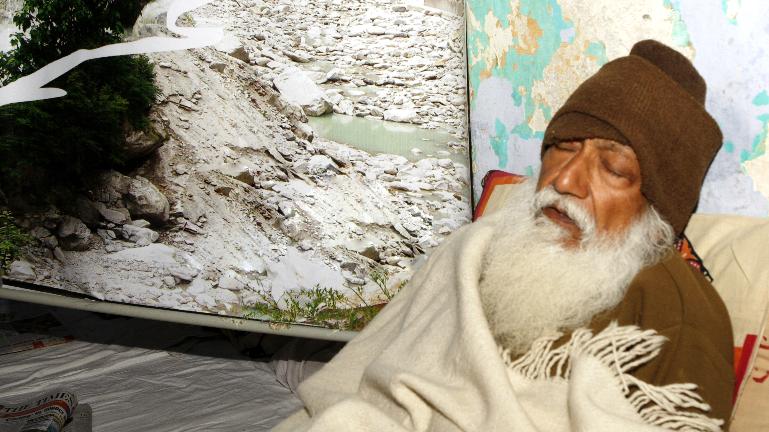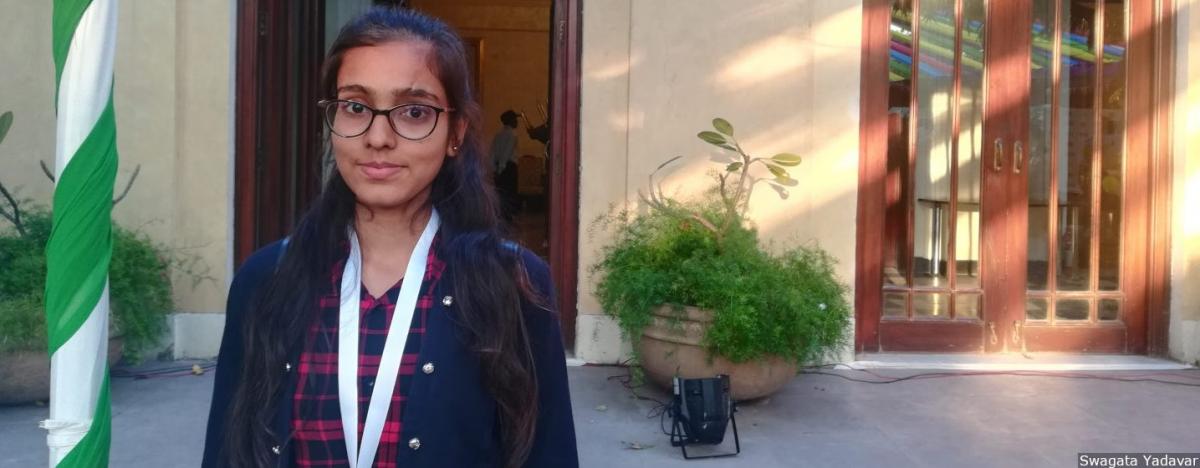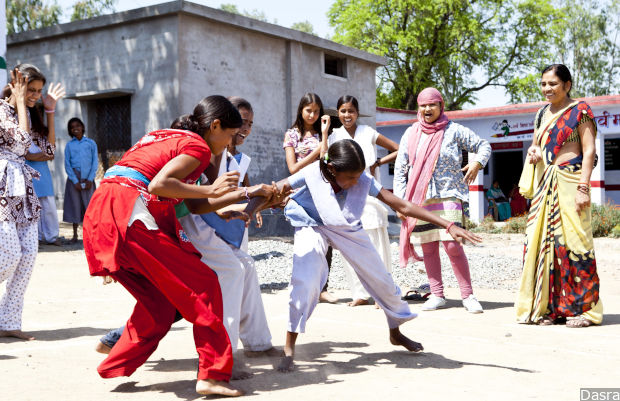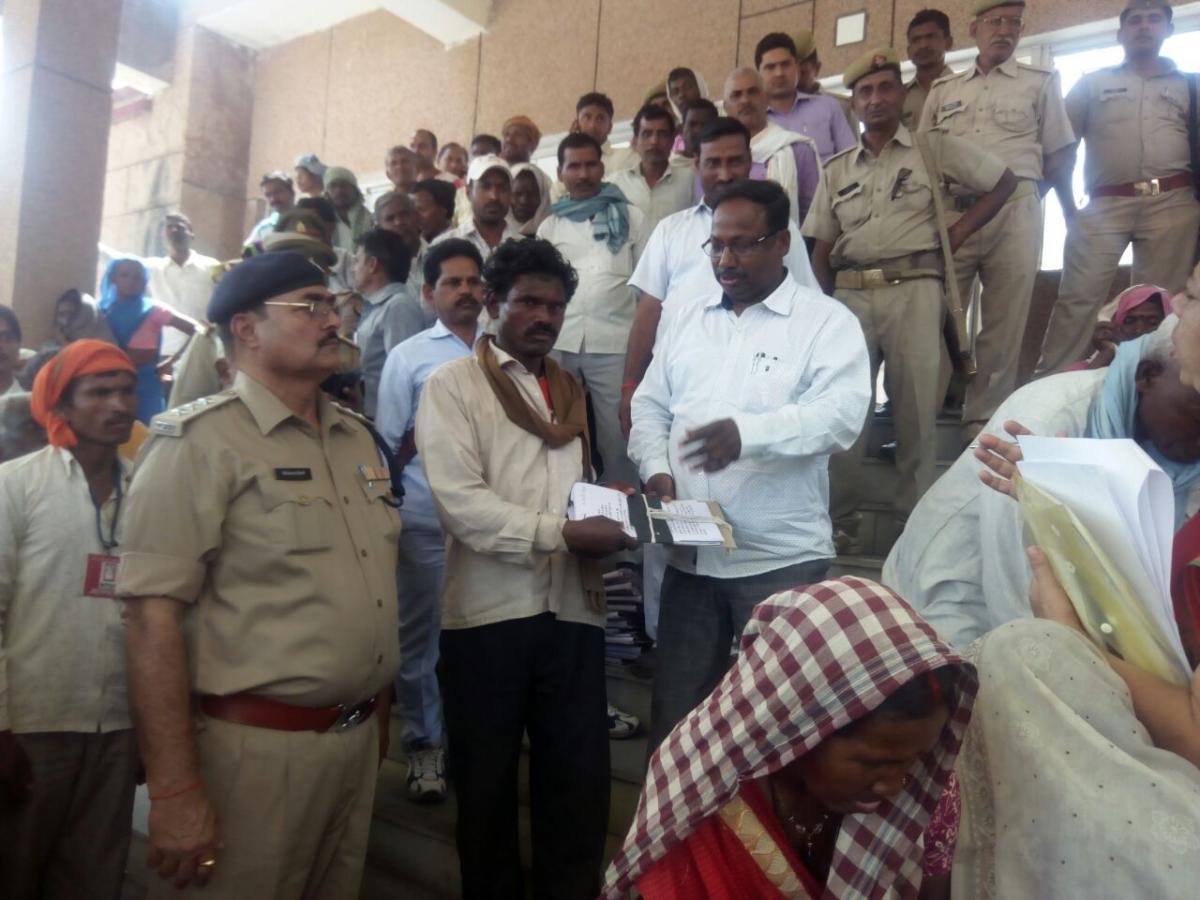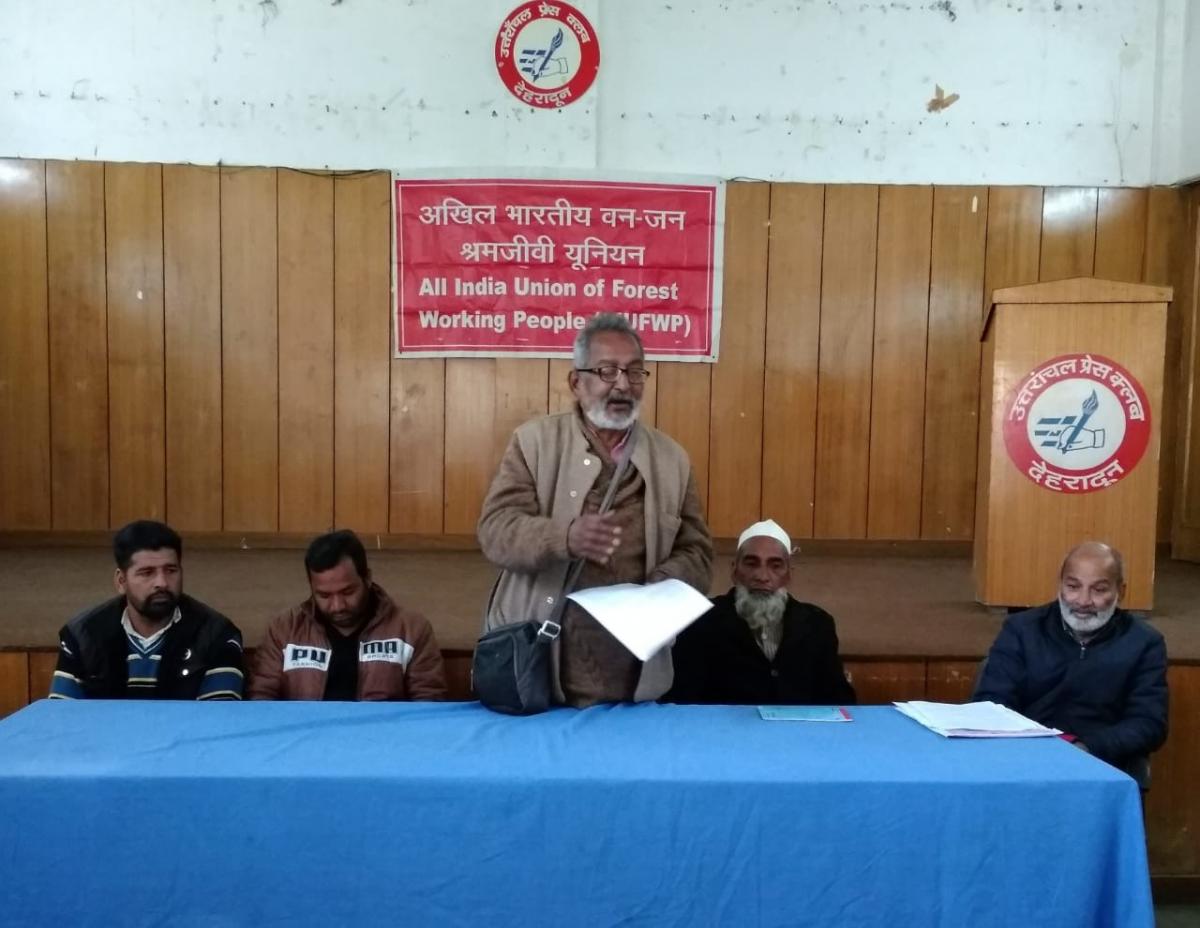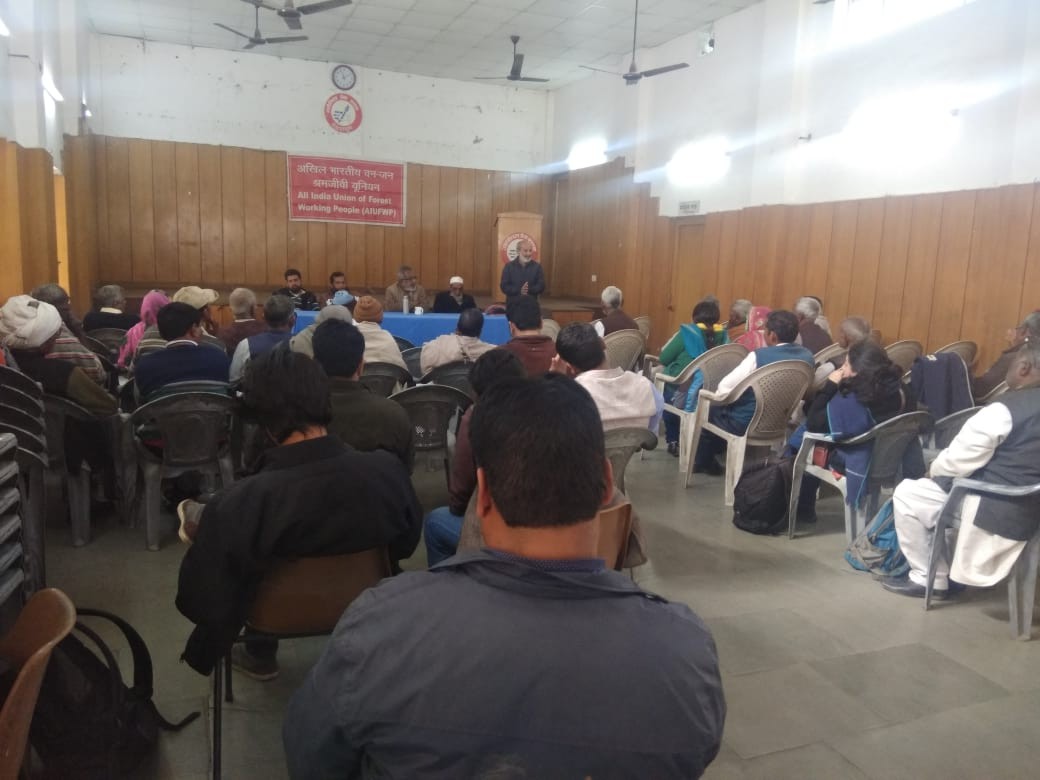The seventh general assembly of the mines, minerals and People (mm&P), held in Dabbanda, Visakhapatnam on March 1-3, 2019, saw participating human rights defenders, academics, journalists and students “pledge” for securing the rights of the indigenous communities for sustainable development, even as sharply focusing on illegal mining, women and children affected due to mining, poor implementation of the District Mineral Foundation Fund (DMF), silicosis, future Generation Fund and Business and human rights.

Attended by more than 260 participants from 100 organizations representing 21 states of India, it saw participation, among others, of eminent subject experts Roger Moody, Natalie Lowrey (coordinator, Deep Sea Mining Campaign and Yes to Life and No to Mining), Linda Chukchauk, BT Venkatesh (Reach Law), Rahul Basu (Goa Foundation). An mm&P note:
The gathering was very significant, as we see many human rights violations, attacks on rights defenders and non-implementation, and misinterpretation of various protective legislations is widespread. The gathering took place against the backdrop of 15 miners trapped in illegal rat hole coal mine in Meghalaya, the Supreme Court order on eviction of 9.5 million forest dwellers, the attack on Agnes Kharshiing, 116,198 illegal mining cases in 2017-18 (Ministry of Mines), and utilization of a mere 24% of total DMF funds of Rs 24,000 crore.
Roger Moody in his keynote address gave the overall picture of the devastations done by the extractive industries throughout the world. In addition to people’s resistance and movements against the big mining giants, technology and innovation should be adopted to optimize the benefit, he said.
According to Moody, what lies at the core of the struggle is the allegiance to Free Prior and Informed Consent (FPIC). Social License to Operate (SLO), ‘precarity’, the need to better address the vital challenges of workers’ rights, redefining the definition of ‘conflict minerals’ and adding more minerals into it, use of Blockchain technology as guide to the governments and companies to ensure sustainability.
Moody urged communities and mm&P alliance partners to call out names of the fraudulent and wasteful ventures and campaign in a vigorous, pro-active and a collective manner to reverse the situation.
Natalie Lowrey, speaking about the dreadful impact of deep-sea mining, presented a successful struggle from Papua New Guinea against deep sea mining in Bismark Sea by the Canadian Company Nautilus Minerals. The Solwara Indigenous community in Papua New Guinea successfully stopped the operation of Nautilus Minerals and is now lobbying with the government to stop deep-sea mining. The international Sea Bed Authority gave license to conduct 29 explorations in the Pacific Ocean Floor, which covers approximately 1.5 million sq km.
Linda Chukchauk, journalist from Meghalaya, presented the sad case of miners buried in rat hole coal mines in the East Jaintia Hills in Meghalaya. The Sixth Schedule of the Indian Constitution says that the minerals on and below the ground belong to the owner. This has led to extensive extraction of minerals especially coal. The land is dug in a rat hole manner and workers are forced to work in inhuman conditions inside these rat holes.
This proliferation has increased family feuds, excessive use of groundwater, soil erosion and ecosystem destruction, Chukchauk said. In 2015 the National Green Tribunal (NGT) banned illegal rat hole mining, despite the order, rat hole mining is continuing in illegal way. The way forward should be the implementation of NGT order and a collective movement by workers and environmentalists against the caustic rat hole mining.
Rahul Basu presented the need for creating a Future Generation Fund which, can be an asset for the future generations. This can be based on five guiding principles:
- Natural resources are owned by the state as a trustee for the people and especially future generations.
- As we have inherited the minerals, we must ensure future generations inherit either the minerals or their full value.
- If we mine and sell our minerals, we must ensure Zero Loss. We must get the entire value of our mineral, other than extraction costs and a normal profit for the miner.
- Like Norway, whatever we receive must be saved in a Fund for the people and especially future generations.
- We own the minerals, we own the fund, we own the real income from the fund. Like Alaska, distribute the income only as a Citizen’s Dividend, equally to all as a right of ownership.
Women grassroots activists from mining affected areas presented their case and struggle against the extractive industries. Sadhana Meena spoke about the environmental and social impacts of zinc mining in Zawar region of Udaipur. Water contamination, stunting, malnourishment, decline in agriculture are the impacts of zinc mining by Hindustan Zinc Ltd Company.
In Jharkhand’s Dumka and Godda region prospective coal mining by Adani Group will have huge environmental and social impact. Munni Hansda speaking about mining in Jharkhand shared her success story of stopping RPG group from mining in Kathikund region of Dumka district.
Siya Dulhari spoke about the various developmental issues in Dabhaura region in Madhya Pradesh. Kusum Alam shared her struggle in Gadchiroli area of Maharashtra where multiple actors- state, Naxals and mining company are suppressing the local tribal community.
Occupational health was another important focus area which was discussed during the general assembly. SA Azad, speaking about silicosis said that it is an occupational health disease which diminishes the quality of health and life. If untreated it leads to death. Silicosis continues to be either deliberately or by lack of knowledge, ignored and unaddressed.
In majority of cases, said Azad, it continues to be diagnosed as tuberculosis and subsequently wrongly treated leading to worsening health condition of those affected. In many of the mining affected areas, women are single parents and/or themselves victims of silicosis but still forced to continue as mine labor as they have burden of sustaining their families. In Haryana they have been successful in getting compensation policy for victims of occupational health.
Bansilal Bhinjana from Rajasthan also shared his success of getting compensation for widows of silicosis victims. He along with his trade union is now fighting for a Rajasthan State Compensation Policy for silicosis victims as has been won in Haryana.
Ravi Rebbapragada, chairperson, mm&P, in his closing speech talked about the way forward for strengthening the mm&P Alliance as well as the local community struggle. He emphasized on collective movement involving the community, activists, lawyers, academicians, policy makers, local government and students to initiate change. Developing leadership among youth in the local communities will have high returns. He expressed his thanks and gratitude to the people for keeping the mm&P alliance live and vibrant for the past 20 years.
Ashok Shrimali, secretary-general, mm&P, motivated participants to carry forward movements that aim to bring social justice and equality. Women’s participation should be enhanced at local regional national and international level, he said. Access to information, legal aid and capacity of local communities will help realize the ideals of social justice, equity and justice.
Courtesy: Counter View

